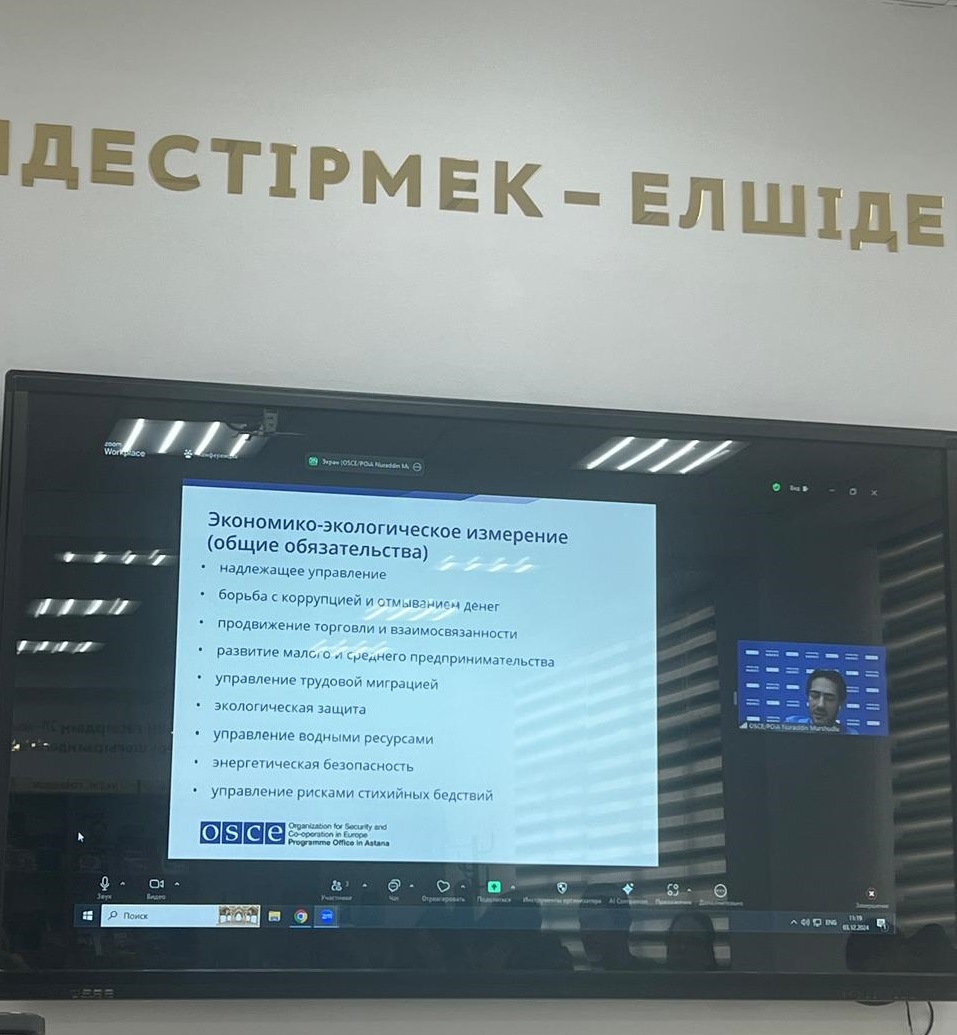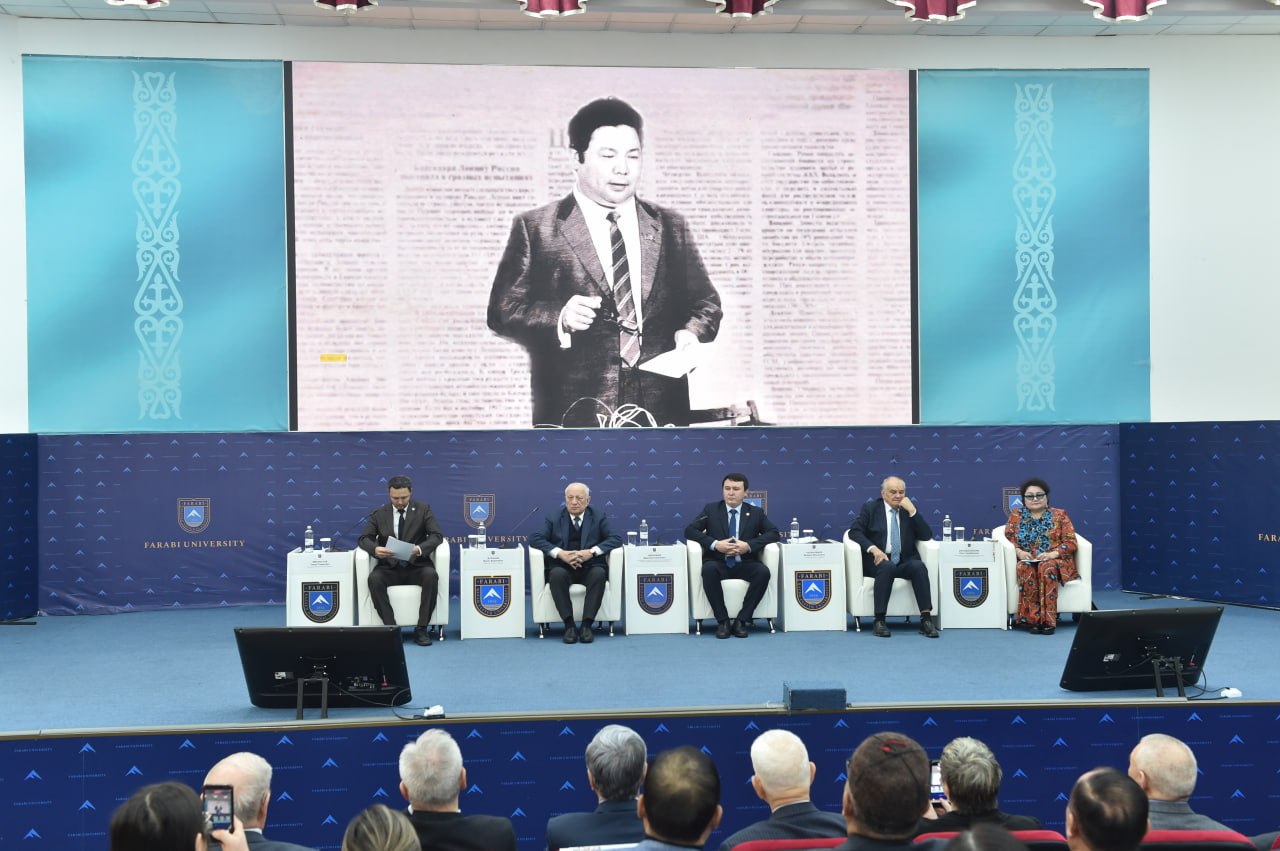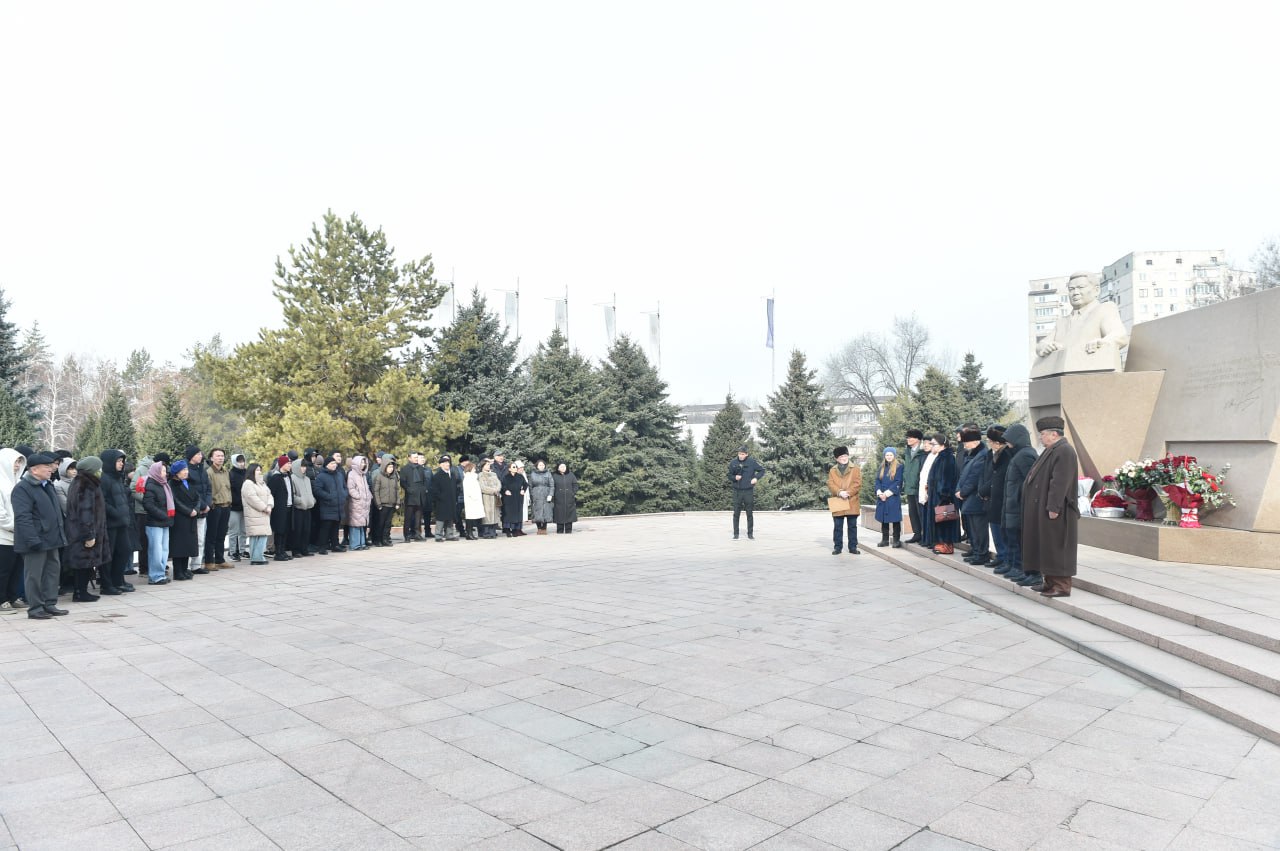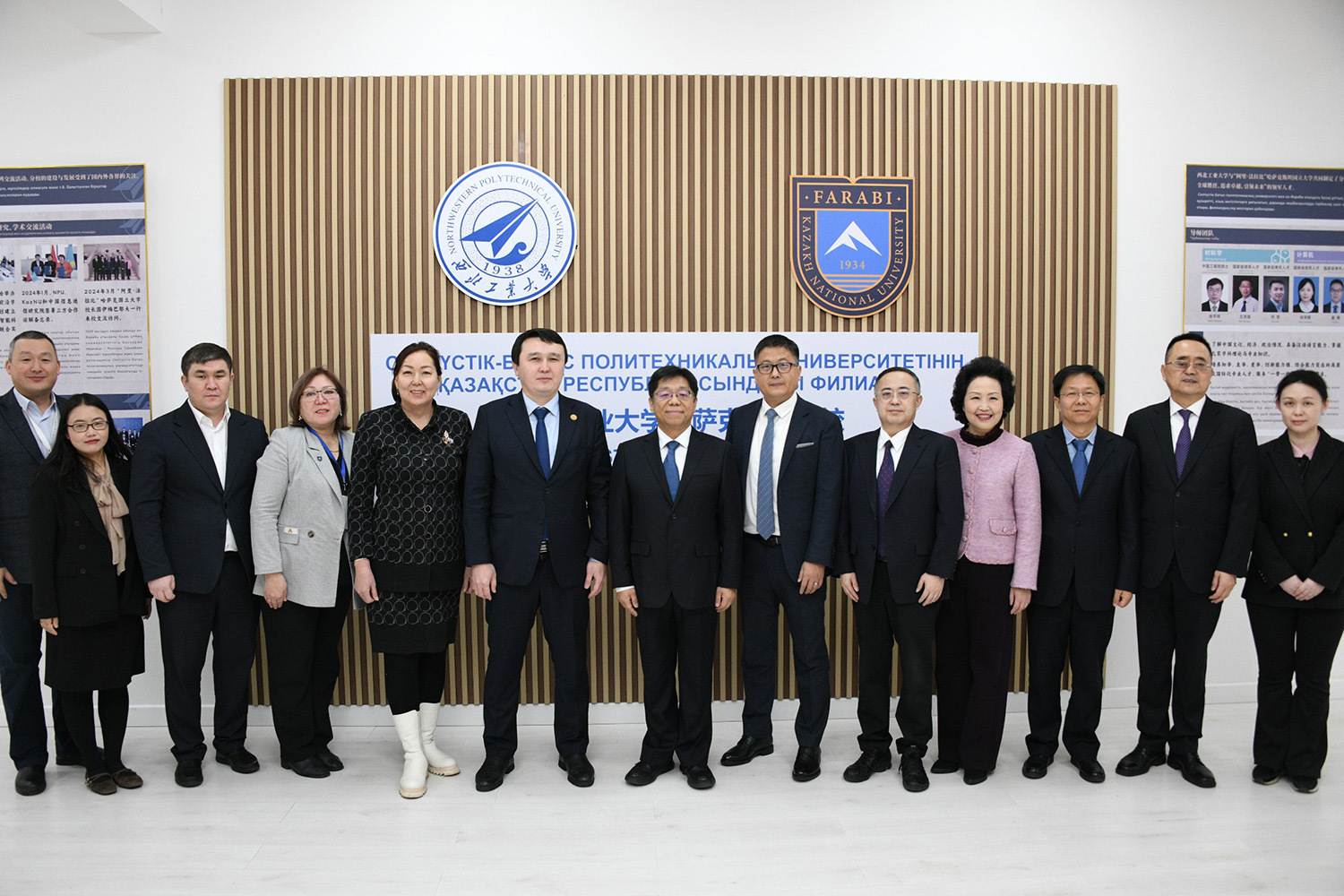- Main
- News
- On December 3, 2024, the Faculty of International Relations at Al-Farabi Kazakh National University hosted an online lecture for 4th-year students majoring in International Relations.
On December 3, 2024, the Faculty of International Relations at Al-Farabi Kazakh National University hosted an online lecture for 4th-year students majoring in International Relations.
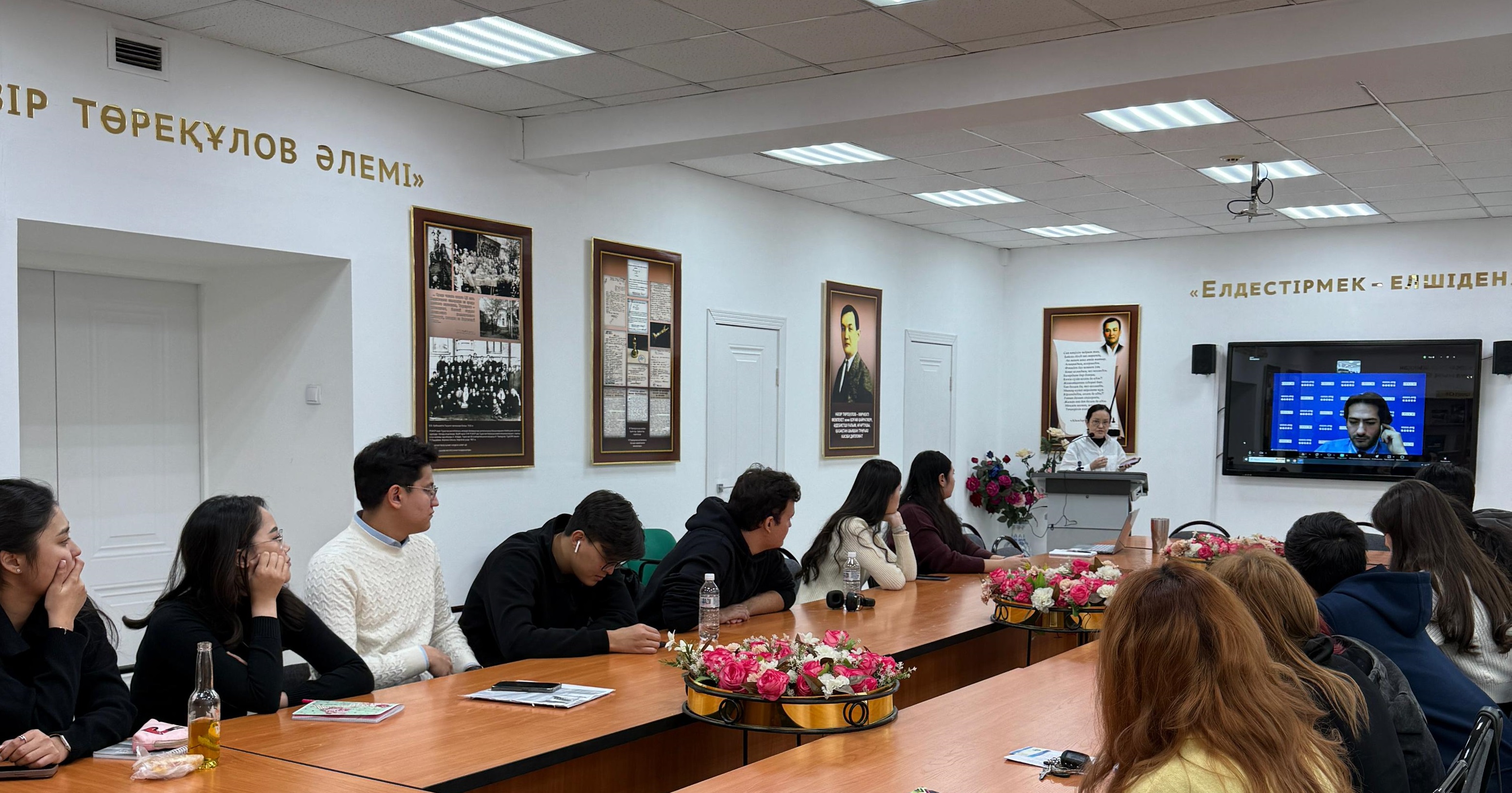
On December 3, 2024, the Faculty of International Relations at Al-Farabi Kazakh National University hosted an online lecture for 4th-year students majoring in International Relations. The lecture was given by Nuraddin Murshudlu, senior Economic and Environmental Officer at the OSCE Programme Office in Astana. Economic and environmental issues constitute the "second dimension" of the OSCE’s comprehensive security concept. The lecture was particularly engaging for 4th-year International Relations students enrolled in the "Foundations of International and Regional Security" course, first of all, because it provided the opportunity to hear the details of the OSCE's activities in the economic and environmental dimensions of security in the Republic of Kazakhstan directly from a representative of an international organization.
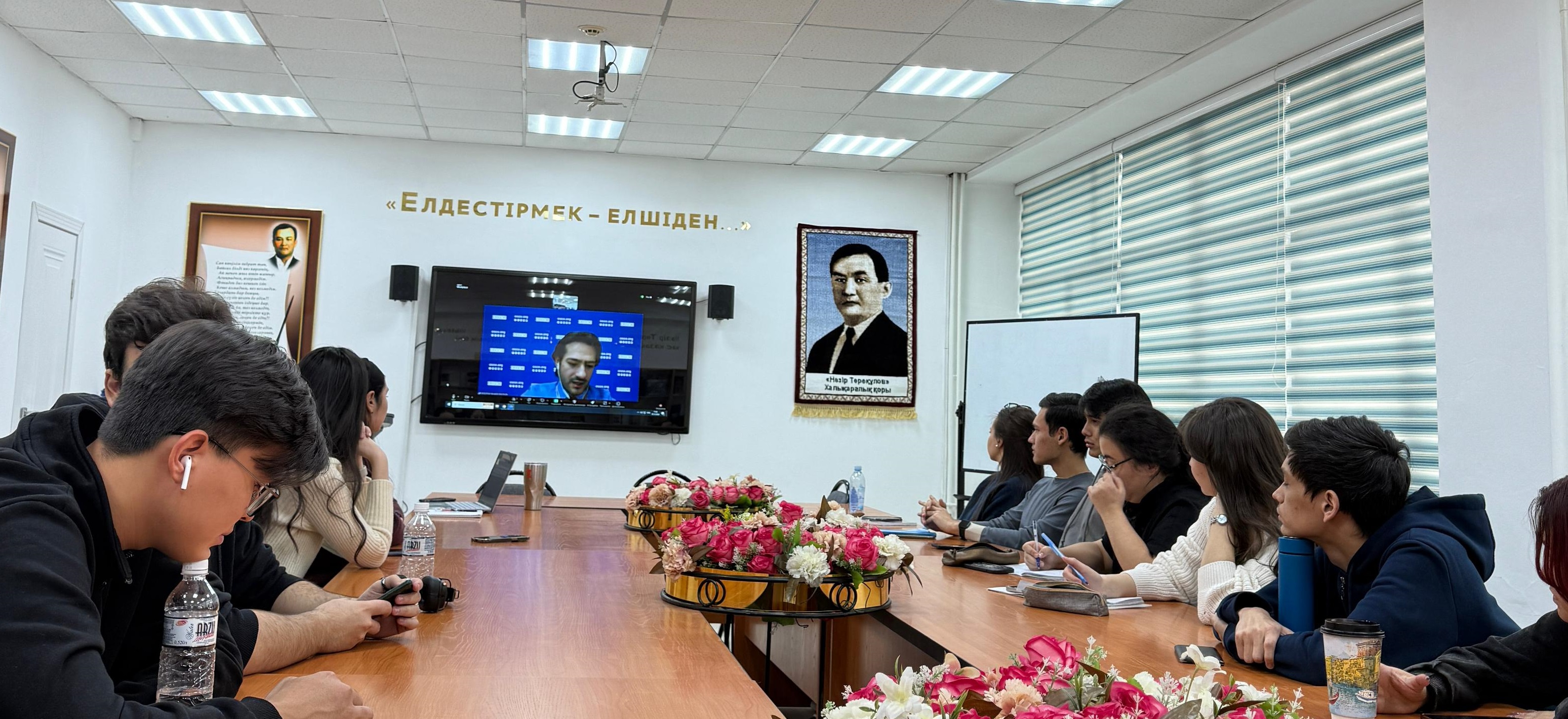
During the lecture, Nuraddin Murshudlu highlighted important aspects of the OSCE's work in addressing water resources-related issues in Central Asia. The lecture covered specific topics such as the results of the work done by the Chu-Talas Water Management Commission, the preservation of mountain ecosystems, and the consequences of the construction of the Kush-Tepa canal in Afghanistan with water drainage from the Amurdarya.
The OSCE’s affirmation of the link between security and the environment goes back even farther than the concept of sustainable development – to the Helsinki Final Act of 1975. Parallel to the global debate on implementation of SDG, the OSCE has developed its work in fields as diverse as water management, disaster risk reduction, climate change, waste management, and energy security. The 2030 Agenda provides the OSCE with an opportunity to assess and reinforce its role in promoting the global sustainable development agenda.
